KUALA LUMPUR, March 23 (Bernama) — As misinformation on the COVID-19 pandemic became rampant as of late, researchers from across the globe are scrambling to set the records straight on the relatively new disease.
Not known to many, there is a Malaysian-led research team that has been recognised by the World Health Organisation (WHO) for its work on the CoronaTracker.
The tracker is a community-based project that started with 400 volunteers from around the world, ranging from data scientists, medical professionals, user interface/user experience (UI/UX) designers, full stack developers, to the general public, and has more than 1,800 volunteers to date.
Its website,https://www.coronatracker.com, acts as a portal for the public to keep track of the latest news development about COVID-19, alongside collecting data for further analysis.
The team, led by Fairoza Amira Hamzah, 29, produced a research paper entitled “CoronaTracker: World-wide COVID-19 Outbreak Data Analysis and Prediction”, which is aimed to predict and forecast COVID-19 cases, deaths, and recoveries through predictive modelling, and to decipher patterns on public sentiment related to health information dissemination.
— MORE
COVID19-RESEARCHER 2 KUALA LUMPUR
Besides Fairoza, the team comprised gifted researchers, namely Lau Cher Han, Hafeez Nazri, Dominic Vincent Ligot, Lee Guanhua, Tan Cheng Liang, Mohammad Khursani Mohd Shaib, Ummi Hasanah Zaidon, Adina Abdullah, Chung Ming Hong, Ong Chin Hwee, Chew Pei Ying and Roland Emmanuel Salunga.
The Tangkak-born lass pointed out that the team did everything online since day one, utilising various platforms such as Trello to keep track on each task, Slack to communicate with one another, Telegram to communicate with the public, GitHub to share their codes, Google Drive to share and store files, Zoom for online meetings, as well as Amazon Web Services (AWS) and Netlify to store data.
“Our information is reliable as sources are verified before being put into the website and shared to the public.
“In phase one, we started with news scraping from Malaysian news, CNN, BBC and Tencent, followed by data scraping from Johns Hopkins University, WHO and multilingual news from Japan, China, Malaysia, Vietnam, Italy, et cetera,” she told Bernama recently.
The PhD holder in Information Science and Control Engineering holder from Nagaoka University of Technology, Japan, said their two month-long of hard work that commenced on Jan 25 paid off when their research paper was published on WHO’s online bulletin athttps://www.who.int/bulletin/online_first/20-255695.pdfon March 19, 2020.
— MORE
COVID19-RESEARCHER 3 (LAST) KUALA LUMPUR
Fairoza said the team would proceed with phase two of the research where they plan to study on how to flatten the curve by studying each country’s implementation and factors affecting the spread of the disease.
As COVID-19 continues to spread globally, she said, the team predicted that their research might eventually move to phase three and phase four.
Fairoza recalled that it was a Facebook post by Lau in January that kickstarted the team’s journey on their quest to provide reliable data to the masses.
“I saw Lau’s post in a Facebook group for UI/UX designers and I decided then and there to immediately join him.
“At first, I was curious on what he wanted to build and what is the current situation in the Malaysian data science community. Then, he asked me to lead a research team here, and that was how I got actively involved,” she said.
Asked on her personal views of the pandemic, Fairoza hoped that the public would play their role to fight COVID-19 together so that the outbreak will end as soon as possible.
— BERNAMA

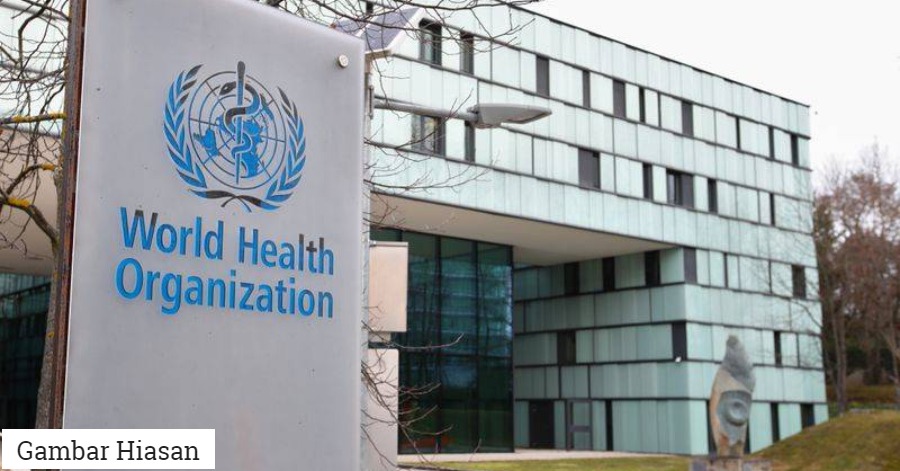
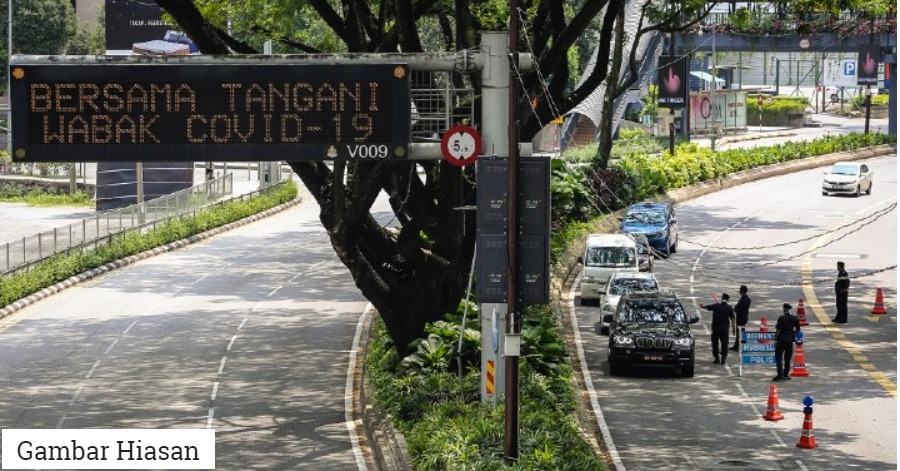
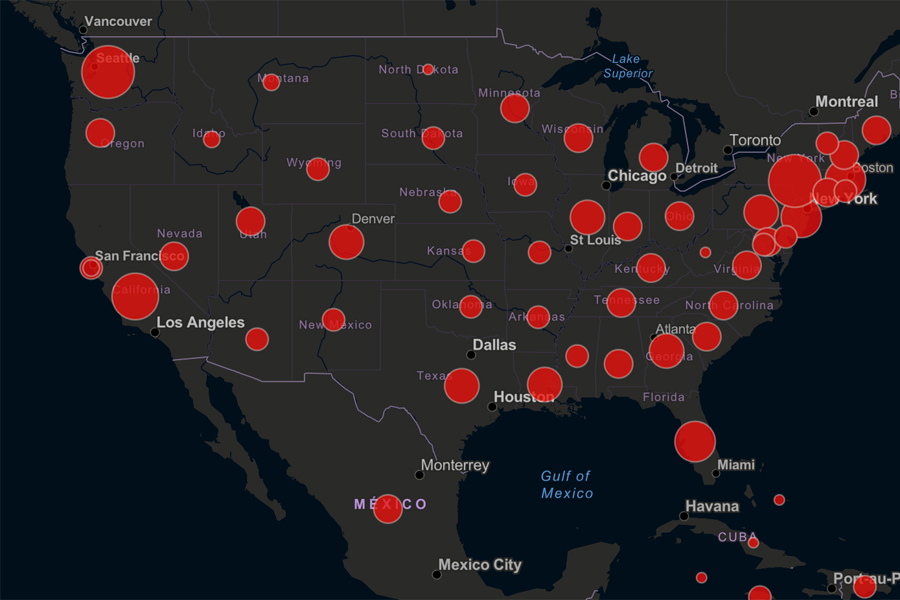
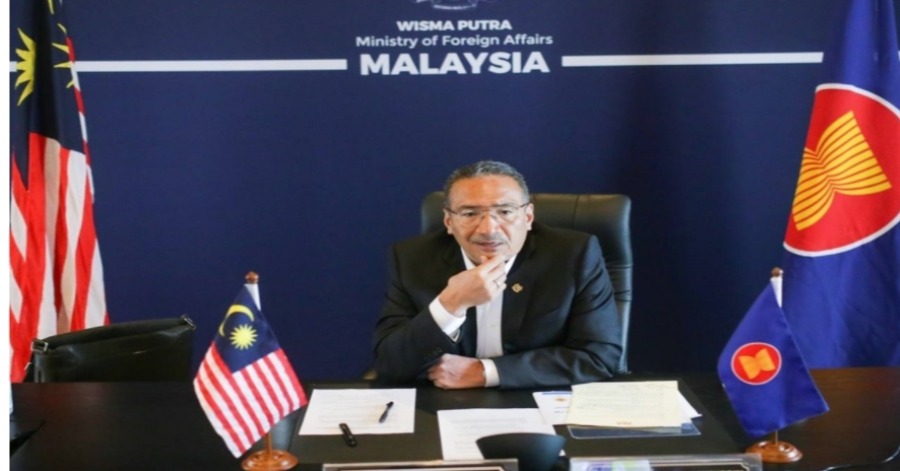
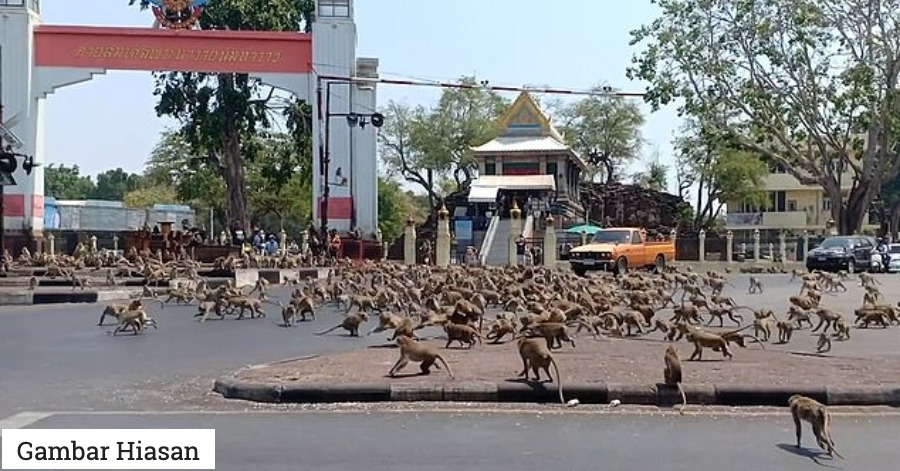


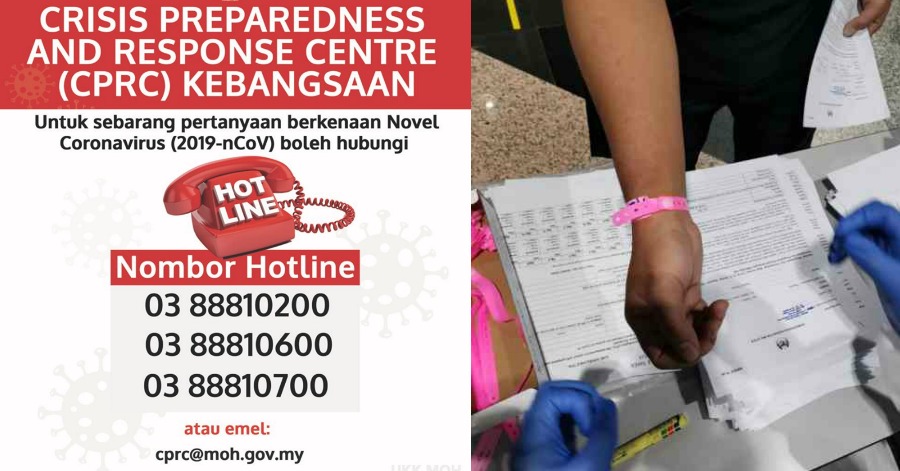
Leave a Comment